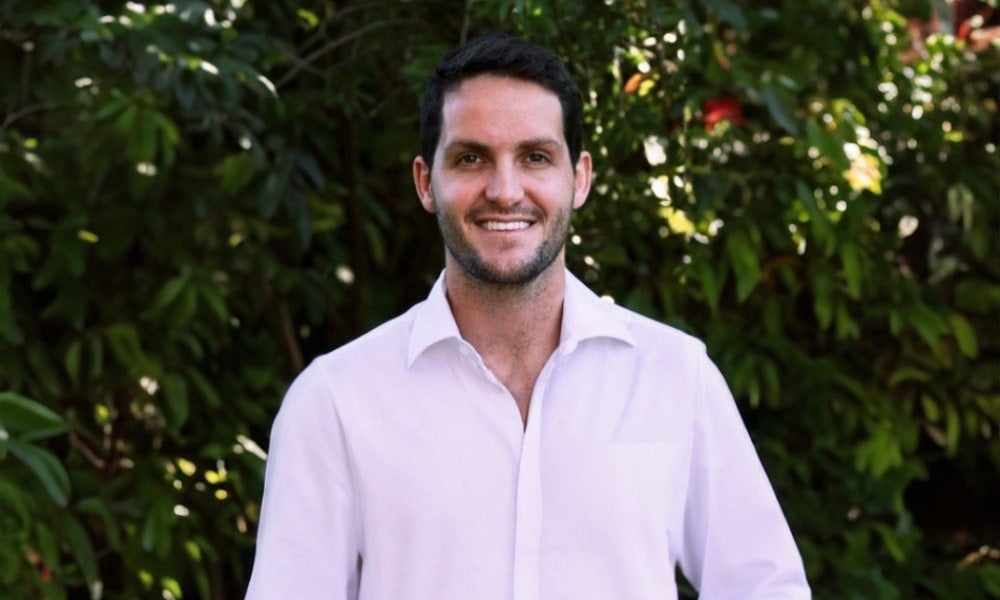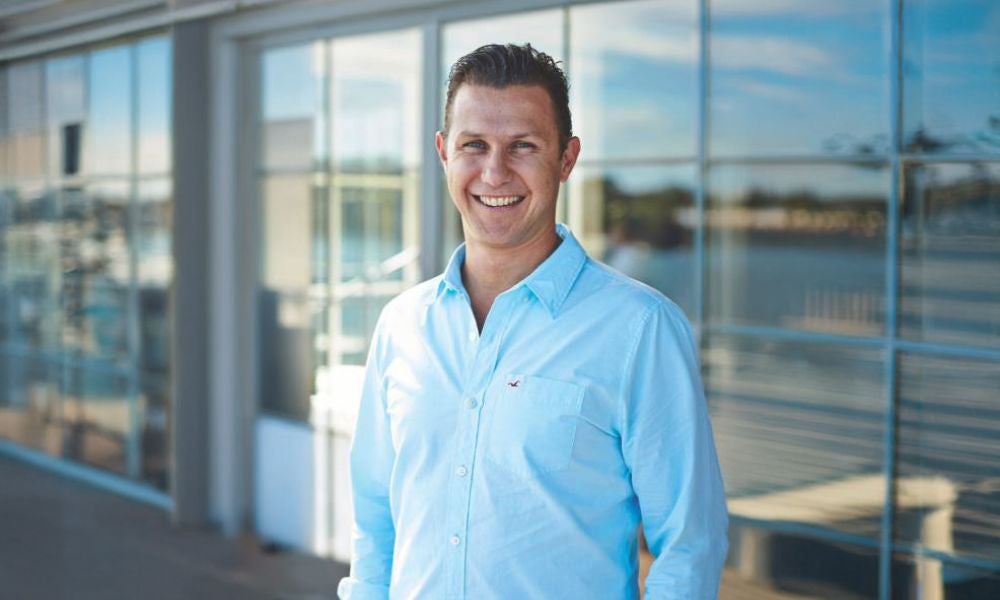Social enterprise strategies for balancing profit and purpose
Download The Business Of podcast on your favourite podcast platform.
Learn how Humanitix, Givvable and Harris Farm Markets balance profit with social impact, as their leaders share strategies for integrating purpose into business models
Balancing social impact with business operations is a pressing challenge for many organisations today. The modern consumer increasingly demands that companies not only excel in their respective industries but also contribute positively to society. This dual expectation of profit and purpose has driven a new wave of business leaders to innovate in remarkable ways.
These leaders exemplify how innovative strategies can harmonise profit and purpose. Their experiences provide invaluable insights for any business aiming to navigate the complex landscape of modern consumer expectations. By learning from their successes, organisations can discover how to make meaningful contributions to society while maintaining a competitive edge in their industries.
These issues were the subject of a UNSW Business School The Business Of podcast, which pulled together some of the best insights from previous The Business Of podcast guests. Hosted by Dr Juliet Bourke, Professor of Practice in the School of Management and Governance at UNSW Business School, podcast guests included Adam McCurdie, co-founder of Humanitix, Frances Atkins, CEO of Givvable, and Tristan Harris, Chair of Harris Farm Markets.

How Humanitix embeds social good in its business model
Adam McCurdie, co-founder of Humanitix, has revolutionised the ticketing industry by channelling booking fees into education projects for disadvantaged children. This ingenious model not only sustains Humanitix’s operations but also fuels a powerful social mission. Mr McCurdie’s approach underscores the potential for businesses to turn everyday transactions into transformative acts of philanthropy.
One key challenge is ensuring that social impact efforts are perceived as genuine rather than mere marketing tactics. Mr McCurdie emphasised the importance of authenticity. “People can pick up on whether or not something is authentic when you’re doing the doing, or something is a company trying to virtue signal for the purposes of marketing,” he said.
Humanitix addresses this challenge by making social impact integral to its business model. Unlike traditional companies, Humanitix redirects all profits to effective charities. “The big question for us when we started Humanitix, was can you run a company, let alone a software business without shares, such that rather than the company’s production of profit going to shareholders, you could redirect that profit into the world’s most effective charities,” Mr McCurdie said.
This innovative approach required overcoming initial market scepticism. However, the combination of a compelling product, lower booking fees, and excellent customer service led to widespread adoption. “We broke through that scepticism, and it’s now being widely adopted by literally tens of thousands of event hosts all around the world,” he added.

How Givvable leverages technology for ESG reporting
Frances Atkins, CEO of Givvable, leverages technology to simplify sustainable procurement for companies. By providing a platform that connects businesses with verified sustainable suppliers, Ms Atkins ensures that companies can make responsible purchasing decisions seamlessly. This not only enhances operational efficiency but also amplifies the social and environmental impact of every dollar spent.
Businesses also face the challenge of accurately measuring their social impact. This is crucial for ensuring that initiatives are effective and credible. Ms Atkins underscored the complexity of this task: “Supply chain is one of those areas where it lends itself to leveraging the technology that’s available to us,” she said.
Givvable addresses this problem by providing technology solutions that track the sustainability of suppliers. This ensures businesses can validate their ESG (Environmental, Social, and Governance) efforts. “We are seeing organisations increasingly look to third-party validated credentials around these sorts of things to avoid the risk of greenwashing,” Ms Atkins said.
She also predicted that mandatory ESG reporting will become standard, pushing more companies to adopt robust sustainability measures. “At some point, we’re going to have mandatory reporting on a number of these issues in Australia,” she concluded.

How Harris Farm Markets reduces waste and embraces ethical supply chains
Tristan Harris, Chair and former co-CEO of Harris Farm Markets, embodies the principle of ethical sourcing and environmental stewardship. By prioritising local produce and reducing waste, Mr Harris has built a business that supports sustainable agriculture and champions food security. His strategy demonstrates that ethical business practices can drive profitability while fostering community wellbeing.
For Harris Farm Markets, the challenge was responding to consumer demand for ethically produced products. “People are more and more recognising that they’re going to have to change themselves. Because if we all just wait, we’re going to be in so much trouble,” said Mr Harris.
Harris Farm Markets tackled this issue by reducing food waste and enhancing ethical supply chains. One significant initiative was the “imperfect picks” program, inspired by France’s Intermarché. “We repackaged our program called imperfect picks, and really went out hard chasing growers and suppliers,” said Mr Harris, who explained that the initiative was a success, resonating with consumers who appreciated the ethical and cost-saving benefits.
Additionally, Harris Farm Markets eliminated plastic bags, replacing them with paper alternatives despite higher costs. This move was well-received by customers, demonstrating the importance of aligning business practices with consumer values. “Our total bag usage dropped by 90 odd per cent when we did it,” said Mr Harris.
Subscribe to BusinessThink for the latest research, analysis and insights from UNSW Business School
Three key takeaways for business leaders
The experiences of Humanitix, Harris Farm Markets, and Givvable provide valuable lessons for integrating social impact into business operations. Key takeaways include:
1. Transform everyday transactions: As demonstrated by Humanitix, businesses can find ways to integrate social impact into routine operations. By redirecting booking fees to education projects, Humanitix creates value for society without compromising its core business model. This approach highlights the potential for businesses to embed philanthropy into their revenue streams effectively.
2. Leverage technology for good: Givvable showcases the power of technology in promoting sustainability. By creating a platform that connects businesses with sustainable suppliers, Givvable simplifies the process of responsible procurement. This technological innovation ensures that companies can easily align their operations with their social and environmental values.
3. Prioritise ethical practices: Mr Harris’ focus on ethical sourcing and environmental stewardship at Harris Farm Markets illustrates that sustainable practices can drive profitability. By supporting local agriculture and reducing waste, Harris Farm Markets not only meets consumer demand for ethical products but also fosters a healthier community. This strategy proves that sustainability and profitability are not mutually exclusive.
